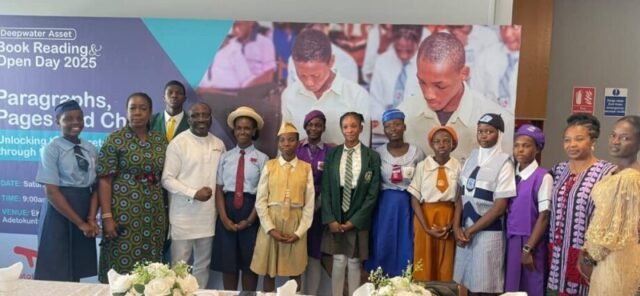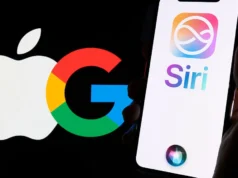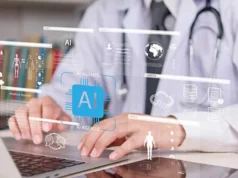In the bustling halls of senior secondary schools across Nigeria, a clear message was delivered this week by TotalEnergies E&P Nigeria Ltd. (TotalEnergies): books matter, reading matters — and a strong reading culture is key to purposeful learning and personal growth. According to reports, the energy giant used its recent Book Reading & Open Day event to call on students to turn the page on passivity, embrace reading as a habit, and match their choice of literature to their aspirations.
The point is simple, yet powerful: in an age of distractions from screens, social media and instant gratification, reading remains a steadfast route to developing empathy, creativity, critical thinking and character. This is the philosophy TotalEnergies’ leadership brought to the fore.
For many Nigerian students, the call resonates deeply. Not just as advice, but as an invitation: to make reading a daily lifestyle; to select books that relate to career dreams; to imagine every chapter as a step toward discovery. TotalEnergies’ message is personal, humanised and urgent.
Table of Contents
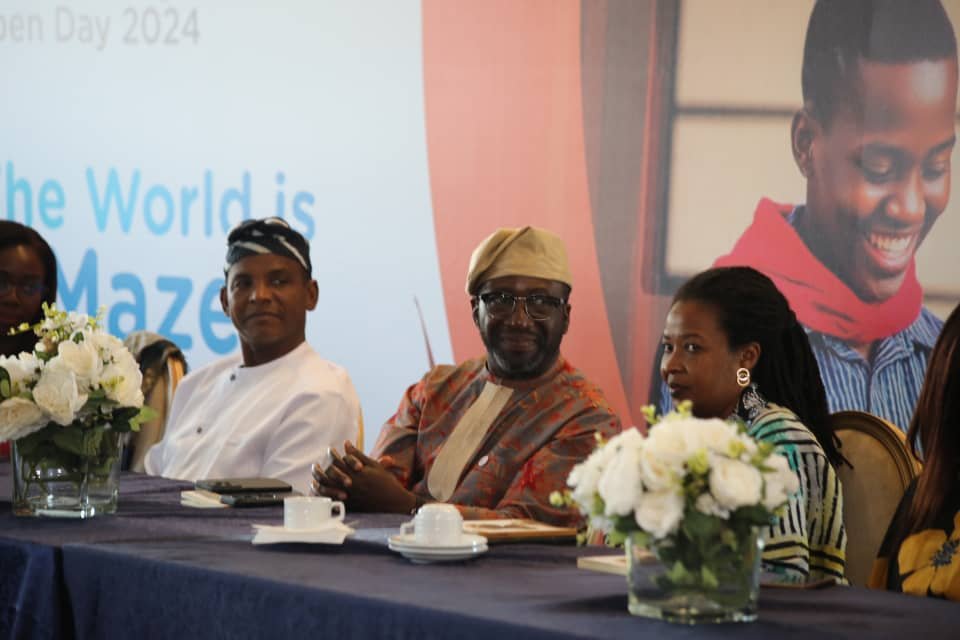
Corporate Responsibility Meets Youth Development
At the heart of the event was more than just exhortation. TotalEnergies showcased its long-standing investment in education and youth development. The company described how, for over six decades, it has supported schools, provided solar lamps to night-studying students, built labs, and offered scholarships—all part of its drive to “light up minds”.
The Deputy Managing Director for the Joint Venture Asset, Olivier Cassassoles, reflected on his own journey: his success began with early exposure to books and the mindset to learn. He framed reading not only as academic preparation but as the foundation for leadership, innovation and personal agency.
Representatives from the government also weighed in. At the event held in Port Harcourt, the Permanent Secretary of the Rivers State Ministry of Education praised the initiative and affirmed the state’s readiness to partner with such efforts. Their message was clear: public schools, private support and the students themselves all have a role to play in reviving reading culture.
This kind of cooperation between the energy sector and corporate social responsibility (CSR) in education development is becoming increasingly vital in Nigeria, where student engagement challenges and limited infrastructure can hinder effective learning.
Why Reading Culture Matters for Purposeful Learning
Purposeful learning means more than obtaining certificates—it means knowing why you’re learning, choosing what you read with intention, and aligning that reading with your future self. TotalEnergies emphasised just that: select books aligned with your personal ambitions and themes you care about.
The company pointed out several key benefits of cultivating a reading habit:
- Self-discovery and character building: Reading expands horizons, offers new perspectives, and helps students shape their inner compass. As one TotalEnergies spokesperson put it: “the few who put in the effort to read develop a new and different hindsight every day.”
- Critical thinking and adaptability: In a rapidly changing world, rote learning is no longer sufficient. Students must engage with ideas, question assumptions, and draw connections—skills nurtured through consistent reading.
- Career readiness and global competitiveness: With Nigeria’s youth bulge and globalised economy, students who develop strong reading habits are better positioned to succeed in diverse fields and contexts.
- Resisting distraction and shallow engagement: In an environment where digital distractions threaten concentration, reading becomes a counter-weight—one that builds focus and depth of thought.
By promoting a “reading culture”, TotalEnergies is implicitly asking students to treat reading as a daily routine, not a once-in-a-while event. It’s an invitation to anchor purposeful learning in the simple but profound act of opening a book.
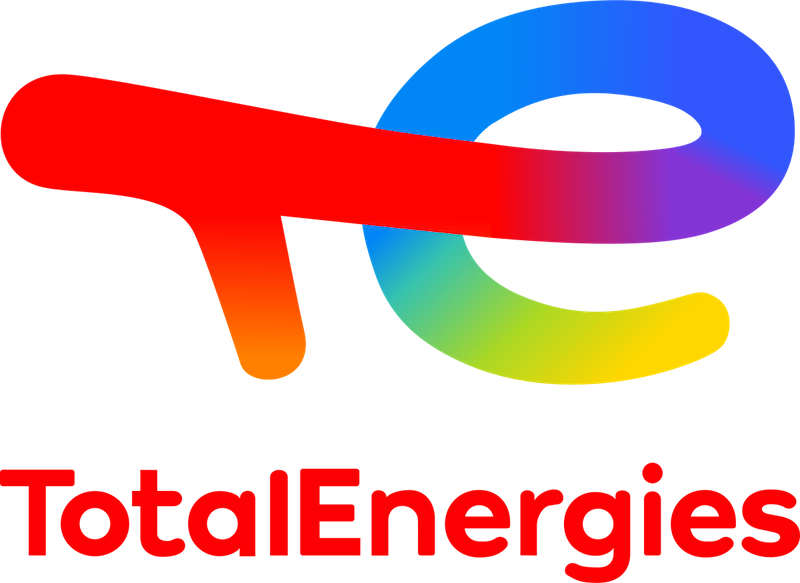
What Students and Schools Should Do Now
TotalEnergies didn’t leave students adrift with lofty words—it offered practical guidance and a framework for action. Here are the key take-aways re-cast for Nigerian schools and students:
- Choose books with intention. Instead of defaulting to whatever is trendy or easily available, pick books that align with your future ambitions and values. TotalEnergies encouraged students to identify who they hope to become—and then read accordingly.
- Read daily and diversify your reading list. Make reading a habit, not an event. Rotate genres—fiction, biography, essays, science, history—to build breadth of thought.
- Discuss and apply what you read. Being part of a book club, group discussion, or school reading forum helps internalise reading. One student quoted said the event helped them understand how to connect literature with real-life choices.
- Leverage support systems. Schools should create reading corners, book clubs, and open-day forums (much like TotalEnergies’ own scheme). Parents and teachers should actively encourage and monitor reading habits.
- Link reading with career aspirations and personal growth. Ask: What kind of person do I want to be? What do I want to achieve? Then find books that illuminate that path. TotalEnergies underscored that the “Book of the Year” selected by the company was meant to help students identify themes of purpose.
- Use technology wisely, but don’t let it replace deep reading. E-books and digital devices were mentioned as helpful, but the emphasis remains on focused reading rather than passive scrolling.
For schools, the challenge is to build supporting infrastructure, including well-stocked libraries, comfortable reading spaces, incentives for reading participation, and reinforcement of reading culture across the curriculum. For students, it is about cultivating discipline: choosing to read when it’s easier to distract, choosing depth over superficial engagement, choosing purpose over passivity.
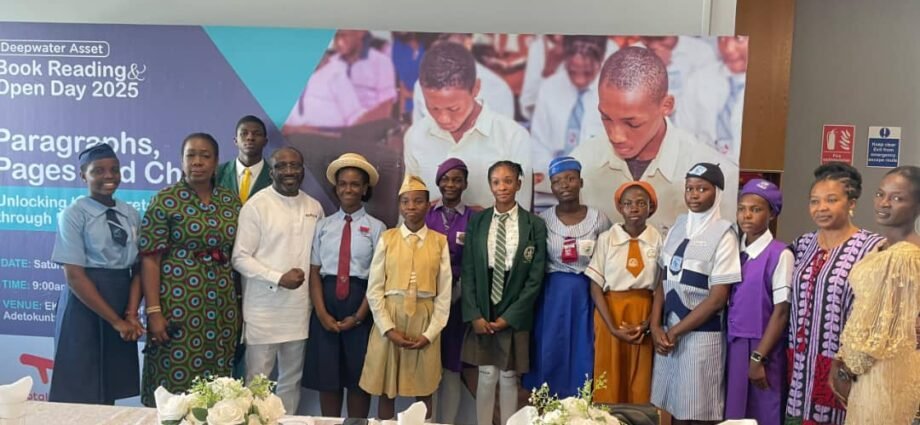
Conclusion
It’s refreshing to see a blue-chip company like TotalEnergies investing in the less glamorous, but utterly foundational, domain of reading culture. Beyond drills, textbooks and exam cramming, there lies the deeper terrain of lifelong learning, character formation and purposeful ambition.
In Nigeria’s fast-changing education landscape, where resources may be stretched and distractions plentiful, the call to embrace reading culture is more timely than ever. When students take up that call—making reading an everyday habit, aligning their reading with who they want to become—they gain not just knowledge but agency. They hold in their hands a kind of passport to the future.
As TotalEnergies reminded its young audience, the books you read today are building blocks for the life you’ll live tomorrow. Read on, deliberately—and let each page carry you closer to your purpose.
Join Our Social Media Channels:
WhatsApp: NaijaEyes
Facebook: NaijaEyes
Twitter: NaijaEyes
Instagram: NaijaEyes
TikTok: NaijaEyes


